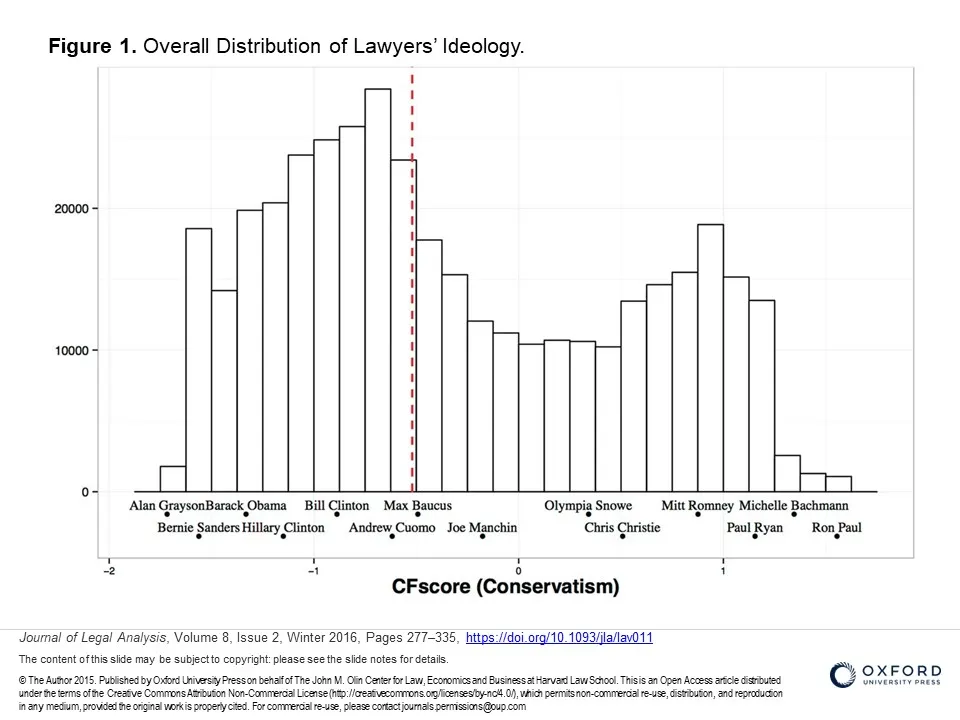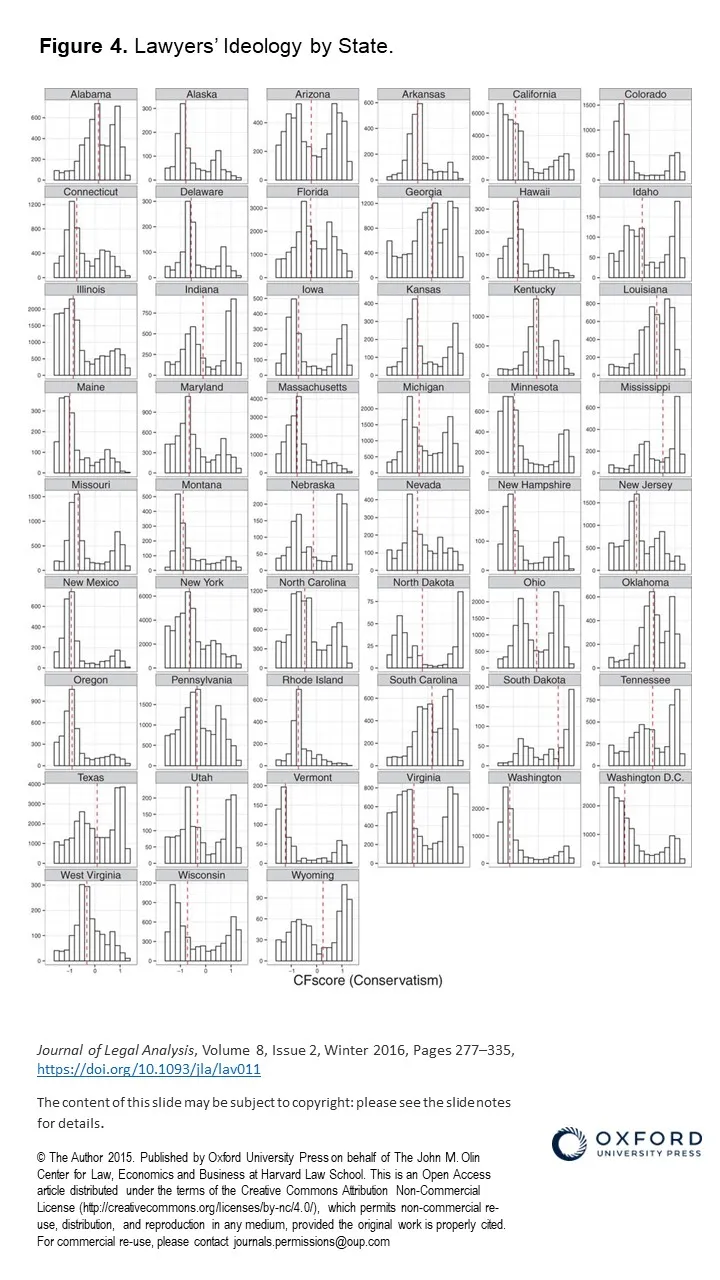
We all want our judges to be honest, fair, intelligent and experienced persons who uphold the constitution and the law without bias. Although some individual judges in our state meet this description, why are an increasing number of Alaskans concerned about our judicial branch? Is Lady Justice’s blindfold slipping? Are her scales no longer balanced?
The people’s concern is not without reason. Alaskans have observed how the process of our Judicial Merit Selection System prescribed in our Alaska State Constitution has become increasingly political as each year passes. Because the Judicial Council (which determines the small list of worthy applicants for judgeships) is dominated by attorneys, too much power and influence over one-third of our government rests on one profession, one tiny sliver of the people in Alaska.
The reasons for the slipping blindfold and tipping scales focus on these two points: 1) the process bestows tremendous power on a small, elite group, and 2) politics have entered the arena and have gained equal footing with merit in the selection of applicants, and arguably, many would say, have overtaken it.
Some recognized, years ago, that because of the first point, the second point was likely inevitable and would make the process untenable and inappropriate. The first problem was bound to breed the second. That is what has happened. Let’s consider the first.
…we can conclude that every member of the Judicial Council is political, each one falling on the political spectrum.
Advisors at Alaska’s constitutional convention more than six decades ago warned delegates about the first point. They informed those working on “Article IV – The Judiciary” that the version of the Missouri Plan (judicial merit selection) under consideration for inclusion in our state constitution went too far.
As reported in the book Alaska’s Constitutional Convention by Vic Fisher (a delegate to the convention), the Judiciary Committee consultants wrote, “No state constitution has ever gone this far in placing one of the three branches of the government beyond the reach of democratic controls. We feel that in its desire to preserve the integrity of the courts, the convention has gone farther than is necessary or safe in putting them in the hands of a private professional group, however, public-spirited its members may be.”
It certainly is important to consider the merit of a candidate, but it must be considered in a process fitting for a constitutional republic, fitting for a representative democracy, a process reflective of “we the people.”
Just as the executive and legislative branches are to be of, for, and by the people, so should the judicial branch be of, for, and by the people.
According to James Bopp, Jr. in his speech before the Robert H. McKinley School of Law, “Merit selection is inherently perilous to a well-functioning democracy and is fundamentally illegitimate because it permits groups of selected elites, not the People, to choose our policy makers, i.e., judges.”
An elite few should not determine the make-up of our judiciary. Our judicial branch is to be representative of, work for, and be structured by the people of Alaska. Alaska’s currently is not.
Because the ideological leanings of attorneys have shifted leftward since statehood, the process followed suit.
When the narrowing down of the applicant pool for judge selection is dominated by a professional association of lawyers, the power concentrated on attorneys, the second problem is ripe for the picking: the entrance of the politics of that small segment of society into the arena. When it happens to the degree that it sways outcomes in a certain way – repeatedly – the public begins to take notice. That is what is happening in Alaska.
Let’s initially agree that as humans, none of us can escape being political. At its roots, politics is about being a citizen, a resident, a person who relates to their surrounding world, and at its most fundamental level, involves a person strategizing how to survive, navigate and succeed.
With this as a basis, we can conclude that every member of the Judicial Council is political, each one falling on the political spectrum. With this knowledge in hand, we next must think about the attorney members on the Council. Each is human and not immune from a political persuasion. From the very far left (very liberal) to the far right (very conservative), each attorney tends to some area of that political range.
When our state constitution was being written (1955-1956) and at statehood in 1959, as it turns out, more attorneys considered themselves to be right-of-center. Sen Maya, one of three authors of “The Political Ideologies of American Lawyers”, stated in an interview in August of 2021, “[T]he legal profession now leans quite a bit to the left, particularly among elite law school graduates, but that really wasn’t the case historically. And historically the legal profession was actually very conservative. Coming through the mid part of the 20th century, it was very conservative.” She continued, “[the law profession] used to be a conservative profession and now it’s actually a fairly liberal one and increasingly so.”
Because the ideological leanings of attorneys have shifted leftward since statehood, the process followed suit.
As all humans are political to one degree or another and as attorneys are particularly interested in decision-making in courtrooms due to their livelihoods, Professor Brian T. Fitzpatrick of Vanderbilt University has concluded that not only are politics without doubt part of judicial selection in Missouri Plan states, but that the politics at play would naturally correlate with those of the bar association in that state.
“Proponents of the merit system contend that it is superior to the other forms of judicial selection — elections or appointment by elected officials — because lawyers are more likely to select judges on the basis of “merit” and less likely to select judges on the basis of “politics” (i.e., the personal ideological preferences of judicial candidates) than are voters or elected officials. But even if lawyers are better able to identify more intelligent or more qualified judges, it does not follow that they are less inclined to consider the political beliefs of judicial candidates. Lawyers are just as likely to be concerned — if not more concerned — with the decisional propensities of judicial candidates as are voters and elected officials. Moreover, insofar as a judge’s personal ideological preferences are correlated with his or her decisions, and insofar as those preferences are often more easily observed than his or her decisional propensities, lawyers are likely to accord those preferences just as much weight as voters or elected officials. In short, I am skeptical that merit selection removes politics from judicial selection. Rather, merit selection may simply move the politics of judicial selection into closer alignment with the ideological preferences of the bar.”[4]
In addition to recognizing that the political persuasions of attorneys have shifted to the left since the 1950’s and that politics have saddled up alongside merit as a factor in judicial selection by small groups dominated by attorneys, research regarding the ideologies of attorneys in the 50 states reveals startling information about Alaska.
First, here is a visual of the overall distribution of American lawyers’ ideology in all 50 states.

The graph shows clearly that the majority of attorneys in the United State are left-of-center.
What about Alaska? How does it compare to the other states? How does it compare to the nation overall when it comes to the ideologies of attorneys?
Below is the scoring visually by state as of 2016. A cursory review of Alaska’s graph below with the previous visual show us that a larger proportion of Alaska’s attorneys are left-of-center than we find nationally. A quick glance at all 50 states illustrates Alaska’s attorneys tend to the left more so than a number of other states. Noting the clusters and heights of the columns for states such as Arizona, Ohio, and West Virginia, we can conclude that the bar association in our state tips to the left much more so than the associations in the three aforementioned states.

Now to bring our two points together: the concentration of power on an elite few and politics. According to an article in USA Today, G. Alan Tarr joins Fitzpatrick to not only point out the politics evident in judicial merit selection systems controlled by the legal profession, but how this is then intertwined with our first point – the lack of accountability to the people that should be a factor in our American form of government.
“Supporters [of the Missouri Plan] insist that a commission of “experts” is less political and can pick better judges than voters or public officials. But scholars have found no evidence that these lawyer commissions ignore politics or pick better judges. Another reason is the lack of public accountability. If a judge is incompetent or corrupt or doesn’t follow the law, what can citizens do? It is virtually impossible to defeat incumbent judges during retention votes because they have no opponents. It is also difficult to change who gets selected as a judge in the first place because so many commission members are selected by the bar rather than by voters or their elected representatives.” [7]
To bring this discussion full circle and back to Alaska, let us consider the recent testimony of former Lt. Governor Loren Leman before the Senate State Affairs Committee in Juneau on February 23, 2023. He testified that during his time in the Alaska State House (1989-1992), a Democrat in House leadership shared with him his thoughts that although Republicans likely at some point would control the majority in the legislature and the governorship, that the Democrats would always control the judiciary. This Democrat leader was perceptive. He understood that more attorneys held liberal ideologies than conservative ones in Alaska, that the bar association reflected this same tendency, and that together this meant that the judicial merit system in Alaska favored left-leaning judges.
That was thirty-plus years ago. The situation is more pronounced today than it was then.
ALASKA WATCHMAN DIRECT TO YOUR INBOX
My concern regarding the judge selection process is one of several reasons I supported convening a constitutional convention on last November’s ballot. Although that effort failed – as have past attempts over the years in the legislature to change the constitution to add the accountability-of-the-people factor into the process – recent discussions have begun in the Capitol building regarding the selection process of judicial officers within our state.
Senator. Mike Shower has sponsored SB 31 and Representative George Rauscher has sponsored HB 34 related to this very issue.
It turns out that the selection process in the constitution is required only for supreme and superior court judges. The bills alter the selection process for district, appellate, and magistrate judges by adding “we the people” elements to make the process more fitting for a republic and to put a check-and-balance on the political influence of the Alaska Bar Association. The bills allow the governor to add names to the selection list along with the names submitted by the Judicial Council; district, appellate, and magistrate judge nominees would then require a confirmation vote by the legislature.
I encourage you to follow SB 31 and HB 34 and provide public testimony during committee hearings as they become known. Email legislators to express your support. At this point, because there is not the required two-thirds support in the legislature to put a constitutional amendment before the voters to change our judicial selection process, our best way to begin to diminish the politics and power of an elite group that have crept into our courts is to advance the Shower/Rauscher legislation. We must work together, not to dismiss the merit of judicial candidates, but to realign our judicial branch to be representative of, work for, and be structured by the people of Alaska.
The views expressed here are those of the author.









14 Comments
Excellent article. The senate bill link in the body of the text above is linking to HB31 which regards performance scholarship requirements.
Here is a link to SB31. https://www.akleg.gov/PDF/33/Bills/SB0031A.PDF
Very informative and well written piece. This selection issue and the handling of the supreme court grand jury issue are two very important issues facing Alaskans.
My compliments to Shower and Hughes. I suppose they will first look for the easier persuadable elements of the Dem/RINO coalition to gain support. One thought about the situation in 1955, which may have influenced the delegates: Alaska was sparsely populated and scattered. Most were ekeing out hardscrabble lives as fishermen, loggers, miners and homesteaders, hardly qualified to discern good judges, according to the delegates’ way of thinking. But the flip side to that might have seen them as having more “cracker-barrel” and “Mark Twain” common sense. One delegate who opposed this system actually said, “Well, it is bad … but the people can always change it at a con-con in 10 years.” That comment failed to understand how entrenched power can be.
ALASKA IS FUNDING ORGANIZED CRIME
Governor Dunleavy, February 28, 2023
On December 1, 2022, with the issuance of SCO 1993, the Supreme Court unconstitutionally placed the Judiciary above the law by outlawing Grand Jury investigation of the courts without the courts’ permission.
The Supreme Court lacks any authority to do so, but has conferred already corrupted absolute power upon themselves in order to unilaterally change Alaska’s constitution by order, and to ‘pardon’ felonies by their union colleagues in the Alaska Bar Association.
The courts’ mandated impartiality compels our courts to stay proceedings and notify a prosecutor when there is undisputed probable cause of crimes committed by parties. They refuse to do so.
Instead, our trial and supreme courts have participated as accessories by providing a forum for criminal fraud and other profitable offenses, and by ordering payment by victims to the lawyers committing those offenses. The courts are the controlling element of the textbook-like racketeering that has taken over Alaska’s pay-to-play legal system. This is organized crime. It has any criminal’s best possible protection with direct Supreme Court participation in, and approval of this racketeering scheme.
A.G. Taylor most compelling duty is to respond swiftly to this hijacking of our legal system. The A.G. must vigorously prosecute all those, who have or don’t have law degrees, and who are engaging as principals or as accessories, in fraud and other felonies committed in, and with the active participation of our courts.
Simply put, this mockery of due process and lack of judicial integrity is indisputable evidence of the corruption ravaging our court system, and reflects the most egregious contempt imaginable by the courts, for our constitutions, democracy, and the people who the courts are entrusted to serve.
If Alaskans can’t rely upon an Attorney General you have appointed, he must be expeditiously replaced with one who will meet an A.G.’s commitment to unbiased investigation and prosecution.
s/Mark N. Wayson
Well done call to action! It is way past time for Gov. Dunleavy and A.G. Taylor to lead in fighting this illegal travesty!
Hey Ed when they answer the call and do something wake me up, ok?
I’m not a fan of Shelly Hughes . In fact the first time in my life I voted for her democratic contender!
If she is one of the ones that is pushing back against Rep David Eastman, then I have to question how much she really is working for the people of Alaska.
The democrat option was better than shelley…?
No, the demorat option was not better. I just don’t appreciate when our elected reps walk on the fence to get along with everyone on both sides of the aisle. We have a fight on our hands to save our state and our nation and so far, I have only seen one representative that has been in the fight with both feet on the ground and it is not Shelley.
Just because they dont do everything you want doesnt mean to abandoned ship
I am not abandoning ship. I just want to see all of our Alaskan Reps working together as a team instead of trying to chase the ones out that they do not like…especially when that one that they do not like happens to get an overwhelming amount of support from the People of Alaska for doing the job that reps are supposed to be doing. We are done with the go-along-to-get-along reps that are sinking our Alaskan ship.
I hear that the Alaska House Coalition Town hall has comments from special interest groups that are attacking Rep. David Eastman. Once again, Rep. Eastman must be doing something right in working for the people. The whole town hall is a joke. https://www.youtube.com/watch?v=YJRefrBJdCg
It’s important to note that the issues in Alaska’s judicial system are not solely due to the concentration of power on a small group of attorneys in the Judicial Council or the politicization of the judge selection process. The evidence presented suggests that there are deeper issues of corruption and abuse of power within the system, such as the alleged falsification of investigations and documents by Marla Greenstein and the Supreme Court’s suspension of Grand Jury power to investigate corrupt officials. While supporting Senate Bill 31 and House Bill 34 may be a step in the right direction, more comprehensive measures will be necessary to truly address these systemic issues and restore accountability to Alaska’s judicial system.